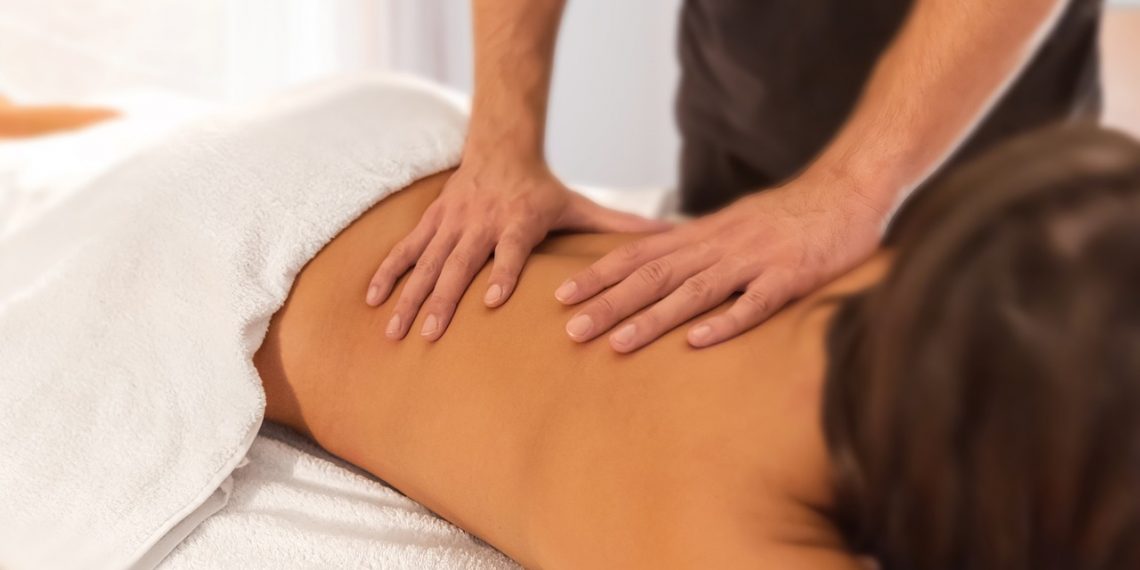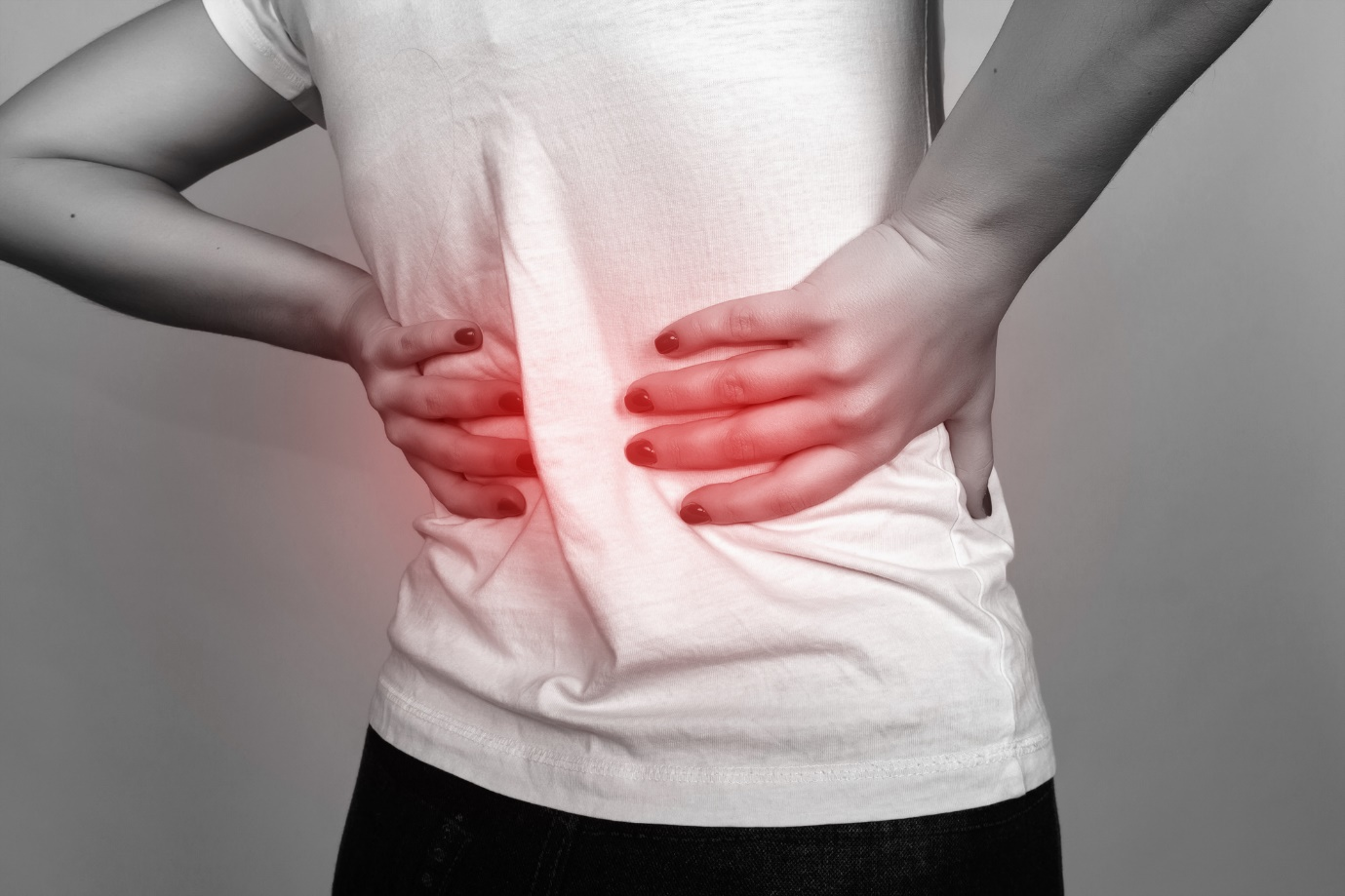After hours spent at work or a particularly demanding week, it’s common to feel drained, tense, or irritable. If left unchecked, these sensations can escalate into long-term stress. Those who work in seated positions for most of the day — whether at a desk or behind the wheel — are especially at risk. Massage offers a powerful method for restoring energy, promoting relaxation, and supporting long-term health. When performed regularly, it helps prevent discomfort and more serious physical conditions.
How Desk Jobs Affect the Body
Remaining seated for extended stretches weakens core and spinal muscles, potentially leading to issues like posture misalignment or degenerative spinal conditions. This often manifests as persistent pain in the back or neck, and can even interfere with internal organ function. Reduced movement also slows circulation and contributes to salt buildup in the body, which can negatively affect overall health.
Long hours at a screen or behind the wheel strain the eyes and build tension in the shoulders and neck. By the end of the day, many people report heaviness in the legs, stiffness in the upper body, and general physical discomfort. A sedentary lifestyle can also heighten emotional stress, making relaxation even more difficult.
Lack of regular breaks and poorly designed workstations only worsen the situation. To help mitigate these effects, it’s wise to take brief pauses every hour, do some gentle stretches, or get up and walk around. Even a short midday walk can increase circulation and reduce muscle tension.
Easing Back Discomfort from Sitting All Day
If you’re experiencing frequent back pain, it’s best to seek medical advice. But in cases where treatment isn’t required, incorporating regular massage sessions can provide significant relief. Massage works by loosening tight muscles, enhancing blood flow, and lowering stress. Neck and back treatments are especially effective, both for managing pain and preventing future issues tied to a sedentary lifestyle.
Recommended Massage Types for Rejuvenation:
- Full-body and facial massage
Helps reduce mental and physical stress, stimulates circulation, and supports immune health. Consistent treatments aid in combating exhaustion and promoting balance. - Back and neck massage
Targets muscle knots, eases stiffness, and can improve sleep quality by reducing physical tension. - Leg and abdominal massage
Alleviates puffiness, supports digestive function, and restores a sense of lightness and mobility in the lower body.
Making massage a part of your routine isn’t just about relaxation — it’s a proactive approach to maintaining physical health, especially for those leading inactive lifestyles.







